![]()
The inner doors open and 56-year-old President Benigno Aquino III, talking to two aides, walks into the Music Room. In his hands, he holds two briefers. While putting on his microphone for our video interview, he immediately says, “I’m still getting you the data that you asked for on the justice system.”
The once underperforming son of two democracy icons leaves office at the height of an economic boom that in the first quarter this year made the Philippines the fastest growing economy in the world, surpassing China.
“They might get mad at me again,” he quips, smiling broadly, referring to what mid-term he told me was his toughest challenge – dealing with China, the Philippines’ largest trading partner, and its aggressive claims to territory inside the Philippines’ Exclusive Economic Zone.
“What is the direction we should have with our relations with China?” Aquino mused aloud in our interview in 2013. “Adopt the kowtowing attitude or stand up for what you think is right? And when you stand up for what is right, how hard should that be or how diplomatic should it be?”
Shortly after, Aquino found his solution: he decided to take China to the Permanent Court of Arbitration at the Hague – and in 2016 in his last days in office, he could joke about it, confident he made the right choice for his nation.
![RELAXED AND PHILOSOPHICAL. President Aquino a few weeks before he leaves office. Photo by Lilibeth Frondoso/Rappler]()
It’s personal
For Aquino, Philippine history is personal: the assassination of his father and namesake in 1983 sparked the people power revolt which ended the 21-year rule of then President Ferdinand Marcos and catapulted his mother, Corazon, into power in 1986.
“When my Dad said, ‘the Filipino is worth dying for’ to when my Mom said, ‘the Filipino is worth living for,’ and I added that ‘the Filipino is worth fighting for,’” recounts Aquino as he looks back on 44 years of what he seems to think of as trench warfare, which he says began when he was 12 years old, when Marcos declared martial law.
“From my Dad’s solitary cell to EDSA and people trying to stop tanks that are higher than they are. To all the ingredients necessary for a bloody revolution being present. But we somehow avoided it. Those of a religious bent would like to think God had a part in it. To now.”
His mother’s death in August 2009 was the emotional underpinning for his own rise to the presidency. With his family name and values as his main qualifications, the self-effacing man who never had the spotlight became a symbol of change - something many forget today.
One of his first actions was an all-or-nothing move that a more experienced politician may have avoided. If he had lost, he would've become a lame duck president: an anti-corruption crusade which began with the impeachment of the then Chief Justice of the Supreme Court.
![President Benigno S. Aquino III answers questions directed to him by Rappler's Chief Executive Officer Maria Ressa during an interview at the Music Room of the Malacañan Palace on Tuesday (June 07, 2016). (Photo by Joseph Vidal / Malacañang Photo Bureau)]()
"There has to be transformational change," he told me in 2013. "Without transformational change, we just took our turn in the musical chairs. That would really be such a ridiculous endeavour.”
The change may not have been as earthshaking as he had hoped, but the effort changed the man, forcing him out of the shadows of his parents and his celebrity sister.
“There was a time sabi nila, ‘Ano ba ang papel mo?’ Ano pa - di dakilang alalay. There was always some leader that I deferred to. To suddenly being the leader that everybody deferred to. And everybody was looking for all the instant solutions yesterday. The common thread is that it goes back to our people. They were there.”
Yet, despite his best efforts, the vote on May 9, 2016, seemed a repudiation of his administration and his anointed candidate, Mar Roxas.
Social media elections
Powered by social media, maverick candidate Davao Mayor Rodrigo Duterte created a groundswell movement for change in one of the most engaged and vicious national campaigns focused on the perceived failures of Roxas and Aquino
“What lessons did you learn from the loss of Mar Roxas?” I ask Aquino.
“They were really able to differentiate themselves from the pack,” he replies. “I had to run the country while campaigning. Also number 4 in the survey to number 2 is nothing to be ashamed about.”
“Very masterful way of campaigning,” he adds about Duterte. “Am I running? Am I not running. And all that. So we really have to hand it to them that they really mounted a better campaign. That was the right tone, the right messaging, the right time.”
I watch him closely in our exit interview and marvel at the change: there is an easy confidence that comes with surviving the crucible of power. At the same time, a heavy weight, palpable 3 years earlier, had been lifted from his shoulders.
Through the course of an hour and a half, his crossed arms, like a buffer in front of him, unfolds and relaxes. He begins to slouch in his chair, comfortable enough at one point to turn the table around and ask me a question.
“There’s also great anger in the people,” I point out. “We see it on social media.”
“Can I ask you how confident are you that what you see in social media is representative of the people as opposed to the concept of trolls that everybody is talking about these days,” President Aquino asks me.
Rappler, like many analysts, dubbed this the first social media elections in the Philippines: we conducted numerous studies and polls to understand human behavior and the role social media played in influencing this vote.
“What we’ve seen is a pretty organized campaign, but they seem to be real people,” I respond, describing the grassroots online campaign we documented. “Organized in messaging, organized in approach, but the anger of the real people they’ve mobilized is there.”
“Everybody’s been complaining that if they say something positive about me, there are so many who pounce on them right away. Instantly,” he comments. “Organized? Organized, volunteers would not have that much number of people to pounce right away.”
“Well, we’ve seen it on social media. We’ve seen it in the statistical surveys. We’ve seen it in the vote, right?” I remind the President. “Part of what seems to be driving this is anger. How would you ask Filipinos to deal with this today so that the fissures don’t open up?”
In the days after elections, the gap between economic classes as well as between the urban and rural areas had widened, with alarmingly violent messages on social media threatening to turn it into a wasteland.
“Number one, perhaps has to be on all who purport to be leaders regardless of whatever sector, should ensure those fissures don’t really appear. perhaps we should remember to get to an agreement on anything, we need to be in a responsible dialogue or a civil dialogue.”
Aquino declines to say anything more about his successor - except on China.
“I do believe he’s a patriot,” Aquino says about Duterte. “I think he’s a no-nonsense guy. Once he gets all the facts then I think he will come to the same conclusion.”
“The same conclusion as you have, meaning he will maintain your China policy?” I ask.
“I don’t want to say things like ‘been there, done that,’” Aquino smiles gently. “It’s kind of condescending, but he will be privy to everything that I am privy to now. Like everybody else, let’s see if he comes to a different conclusion.”
Highs and lows
His regret? He didn’t focus enough on communicating what he tried to do and the challenges he faced.
“Perhaps we could’ve done a little better with saying these are the hindrances to it. This is what we want to achieve. These are the obstacles that have to be met. These are the resources that we have. These are the things that can be expected this time.” He pauses. “I really wonder what is our function. 50% explaining everything, and 50% doing. Now when you take time in terms of the explaining portion is lost in the doing portion. So would we have served our people better by attending to propaganda more than the governance?”
“And your lesson – would you?” I ask. “Would you do it differently?”
“No,” he responds immediately. “If I had the choice again, I’d have to choose the doing - to do that which is needed by our people.”
Political analysts pointed out that Aquino didn’t provide strong enough leadership to unite Roxas with another former ruling party ally, Senator Grace Poe. Aquino corrects me when I ask about his last ditch efforts the weekend before the vote, saying that he had repeatedly tried to bring them together.
“I tried. I might have looked ridiculous. I might have looked naive. I said, ‘let’s see, 'no? Baka naman these persons are being used by God to deliver a message. I tried. Obviously, it failed.”
During the course of our interview, Aquino reels off impressive figures: on education – from 8,000 classrooms a year (which would make 48,000 in 6 years), he leaves 185,000 classrooms; on universal health care - 93 million members (out of a population of 100 million); the overhaul of a former bastion of corruption, the Department of Public Works and Highways that now brings in infrastructure projects under budget; CCT, the Conditional Cash Transfer program, his flagship for bottom up poverty alleviation, 7.7 million ‘lifted out of the poverty line.’
How leadership changed him
Still, in his time in office, Aquino watched his approval ratings slip from a historic high of 85% in 2010 to 52% in 2016. Over the years, there were times when the man became too defensive, attributed by some analysts to a sense of entitlement and privilege.
In our last interview at Malacañang Palace, his defensive edge drops as he tells us about how he can now change the lyrics of one of his favorite songs, Estudyante Blues.
“It encapsulates all a president will have to face,” says Aquino. “Ako ang nasisisi. Ako ang laging may kasalanan’” - which he would change to “‘Hindi na ako masisisi. Hindi na ako ang may kasalanan.’” We laugh.
It was clear he felt he did the best he could – and that should be enough, but of course, it never is.
His mother, once angry with a New York Times reporter for printing the transcript of their interview in full (showing her naivete), never granted an interview to that reporter in her 6 years in office.
Her son is more professional. Near the start of his administration, I wrote Noynoy Flunks His First Test for the Wall Street Journal, criticizing his loyalty to his friends and his conflict-averse leadership style that had deadly consequences during the Manila bus hostage crisis.
Numerous sources told me how angry he was, anger that dissipated over the years – at least enough for him to grant a mid-term and an exit interview.
“You looked at your own weaknesses, and you tried to mitigate them?” I ask. As we’ve seen repeatedly, a leader’s weaknesses are magnified as they ripple through their bureaucracies.
“I think so,” he answers. “In a lot of instances. I remember so many people that, you know, our relationships have changed. Or some that didn’t change. Si Rico Puno, for instance,” referring to his shooting buddy he appointed as undersecretary during the bus hostage crisis who was eventually removed. “He wasn’t performing to the level that I felt he should be doing.”
Not surprisingly, Aquino’s term in office begins and ends with defending his friends - from the bus hostage crisis to Mamasapano, the bungled police special forces operation that tanked one of his key initiatives, the Mindanao peace process.
His friend in the center of Mamasapano? Former police chief Alan Purisima, then under preventive suspension and later dismissed from service. Aquino glossed over Purisima’s involvement and said the operations failed because the 2-star general in charge, Getulio Napenas, didn’t follow Aquino’s orders.
“The point is did we have legitimate targets?” asks Aquino. “Yes. Is it risky? Yes. Could the risk have been manageable? Yes. Did they follow orders? No.”
Showing he does hear the criticism against him, Aquino goes on to defend another friend, DOTC Sec Jun Abaya, saying Abaya was not corrupt and that there was limited time for any replacement to do anything meaningful with Manila’s mass transportation system, great fuel for public anger.
“Friendships stop when the country’s interests are at stake,” Aquino says emphatically.
Several times, Aquino refers to instances where his government made a difficult choice, and regardless of the choice, whoever was unhappy blamed him.
“If it’s not there, people complain,” he says, referring to road infrastructure, “When we’re trying to put it, people complain … I guess that was part and parcel of it. It was needed infrastructure, but we will get flak before-hand.”
In an earlier interview, he joked that if the airport ceiling falls down, it’s his fault.
So how did the presidency change him?
Aquino is disarmingly frank about how being with world leaders taught him humility, the best advice he could give to any leader.
“My mother used to say the one thing I lacked was my willingness to travel. She felt that was such a necessary skill to live in this new age where the world is getting smaller and smaller,” Aquino says, “Somehow I was most content being in the Philippines.”
“So here I am, I have to suddenly start dealing with a lot of world leaders, to understand where they are coming from. A lot of times in the early part, I felt they were talking to me because they had to talk to me as opposed to they wanted to talk to me,” he continues, zooming in on how the attitude of one leader “from the other hemisphere” changed.
“The first time I met him, he was kind of delivering a soft sermon – and the transformation 4 or 5 years later, he was earnestly asking us to visit his country on a state visit.”
Back to the future?
As Aquino ends his presidency, it doesn't look like the Philippines is quite ready to move on from the family feud that defined people power 30 years ago.
The son of Marcos, a senator named after his father but more commonly known as Bongbong, comes within about 200,000 votes of the vice presidency. Marcos is contesting the election results.
"When he became the frontrunner in the surveys, that to me seemed such an impossibility," says Aquino. "Then when you look at it in an objective manner, you find out those opposed to him were fragmented, number one. Number two, perhaps we should have paid more attention to the long-running campaign, the revisionist view of history they are trying to portray ... we should have done a better job explaining how power used incorrectly can be thoroughly abused to the detriment of our people."
The numbers Aquino leaves behind show a methodical approach to leadership that hints that history may be kinder than his contemporaries.
“I think I’ve grown as a person,” he answers. “I hope I presented the best face of the Philippines: our causes are legitimate, and we’re a worthwhile partner. We really are sincere when we say that when we look at you, we want growth, not on a one-sided basis, but on a multi-dimensional basis for all parties concerned.” – Rappler.com
![]()
 “Fight against the hate that killed Jo,” were among the first words that came from the lips of Brendan Cox, the widow that Jo left behind together with their two young children.
“Fight against the hate that killed Jo,” were among the first words that came from the lips of Brendan Cox, the widow that Jo left behind together with their two young children.
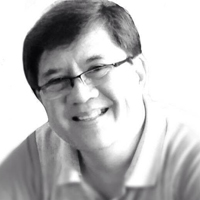

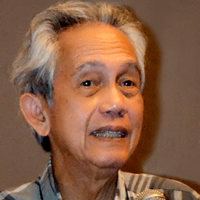 It is hard to resist blaming our people for Rodrigo Duterte. It’s not just that he won by a landslide. Millions of people have placed their hopes for a better future on him. We have no choice but to confront the ideas he has put out for shaping that future. But he makes it difficult to go beyond his self-indulgent bragging, his insistence on publicly airing his maleness by demeaning women.
It is hard to resist blaming our people for Rodrigo Duterte. It’s not just that he won by a landslide. Millions of people have placed their hopes for a better future on him. We have no choice but to confront the ideas he has put out for shaping that future. But he makes it difficult to go beyond his self-indulgent bragging, his insistence on publicly airing his maleness by demeaning women.


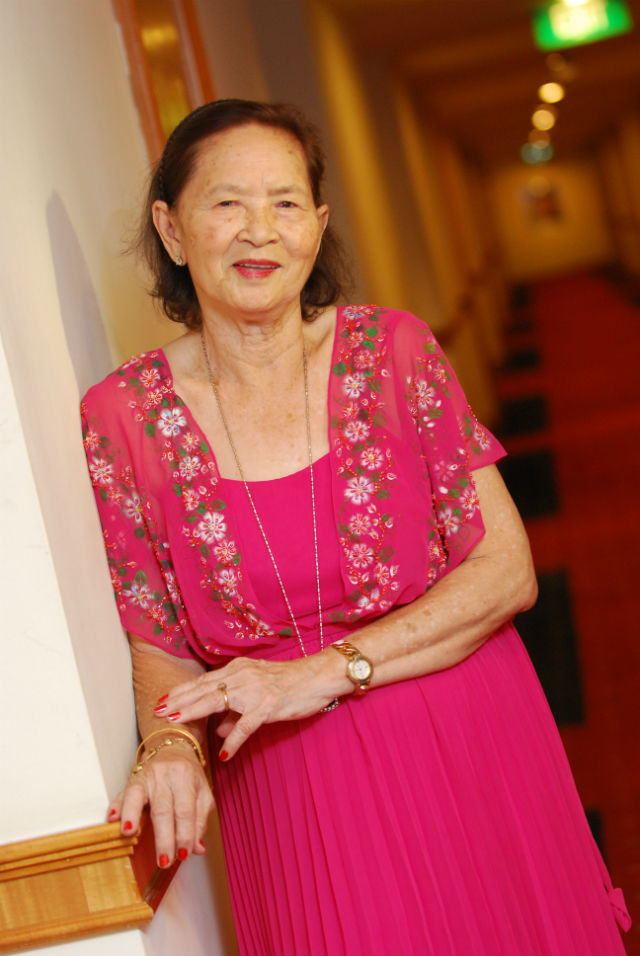
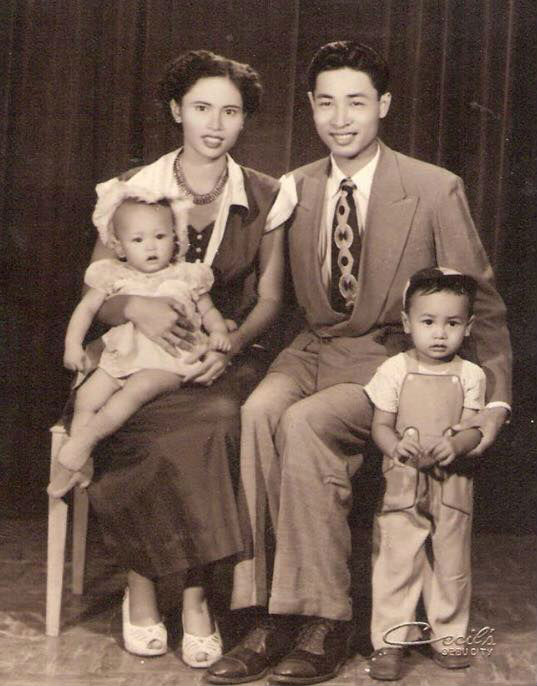
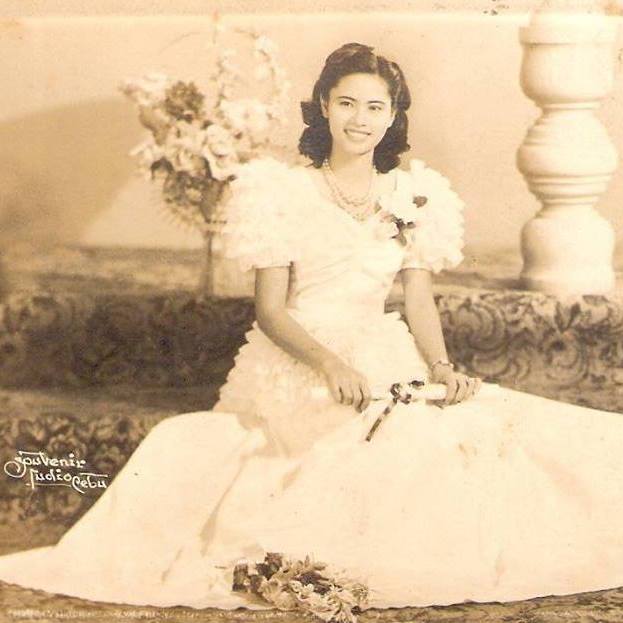
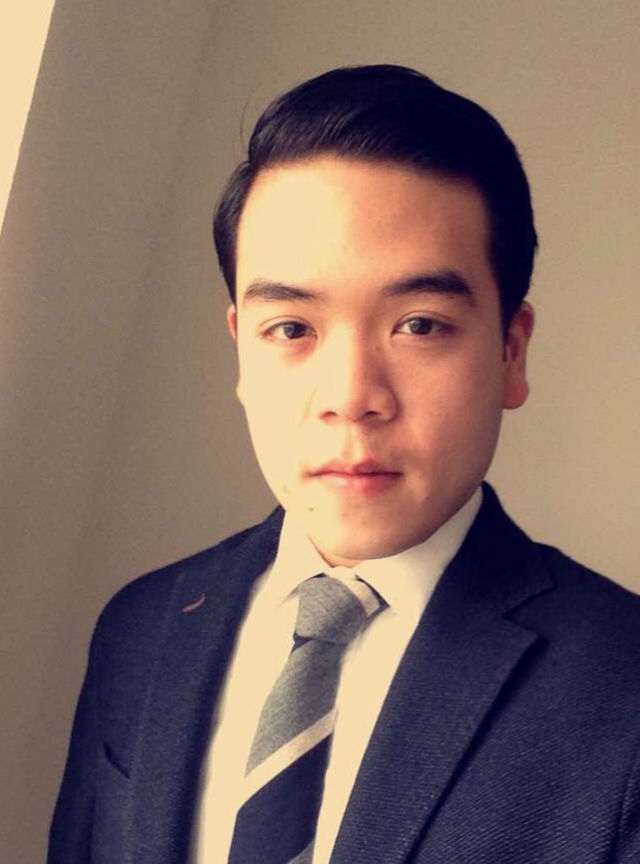 With the ruling of the Permanent Court of Arbitration on the legality of China’s 9-Dash Line drawing near, and a week since the commemoration of our 118th Independence Day, national pride is boosting the country’s expectations. The court is widely expected to rule
With the ruling of the Permanent Court of Arbitration on the legality of China’s 9-Dash Line drawing near, and a week since the commemoration of our 118th Independence Day, national pride is boosting the country’s expectations. The court is widely expected to rule 
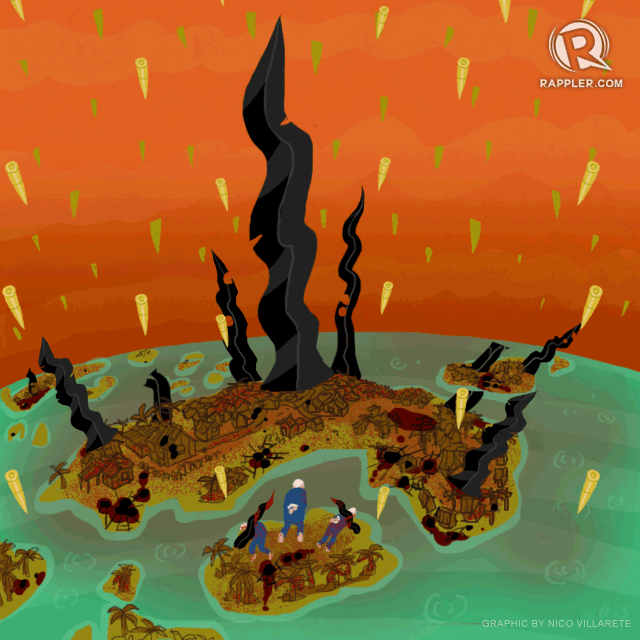
 On June 20, 2016, incoming Finance secretary Sonny Dominguez called for
On June 20, 2016, incoming Finance secretary Sonny Dominguez called for 
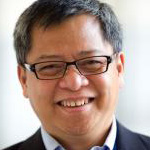




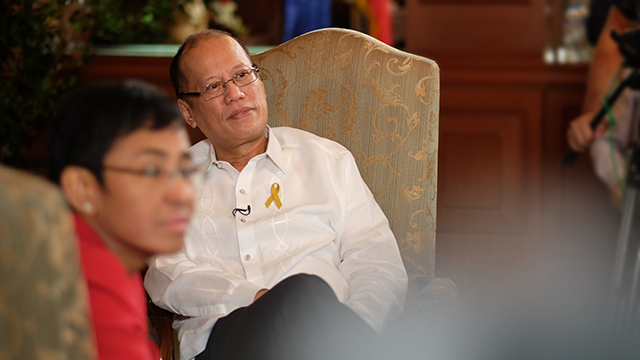

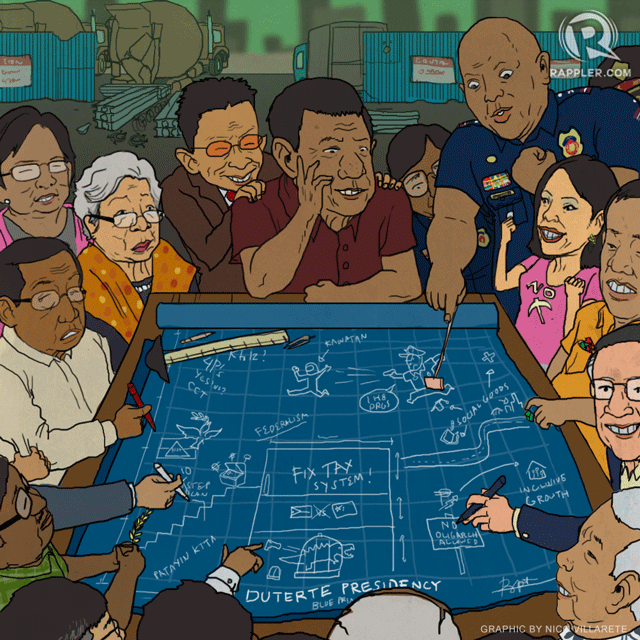
 The world was taken aback by the
The world was taken aback by the 
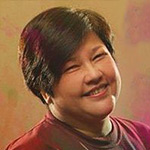

 Yesterday, I was chatting online with a former colleague about a common friend (I cannot even remember his name or my association with him). He died in a freak motorbike accident in Davao, which dismembered parts his body.
Yesterday, I was chatting online with a former colleague about a common friend (I cannot even remember his name or my association with him). He died in a freak motorbike accident in Davao, which dismembered parts his body.


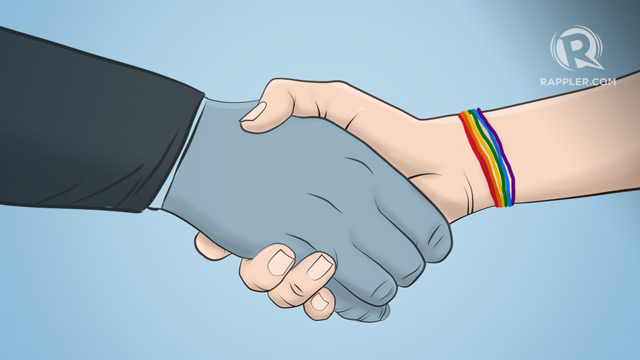
 As new Philippine President Rodrigo Duterte prepares to assume office, a growing number of Filipinos seem to – or want to – believe his surprising claim that he will be the country’s first “socialist” President.
As new Philippine President Rodrigo Duterte prepares to assume office, a growing number of Filipinos seem to – or want to – believe his surprising claim that he will be the country’s first “socialist” President.